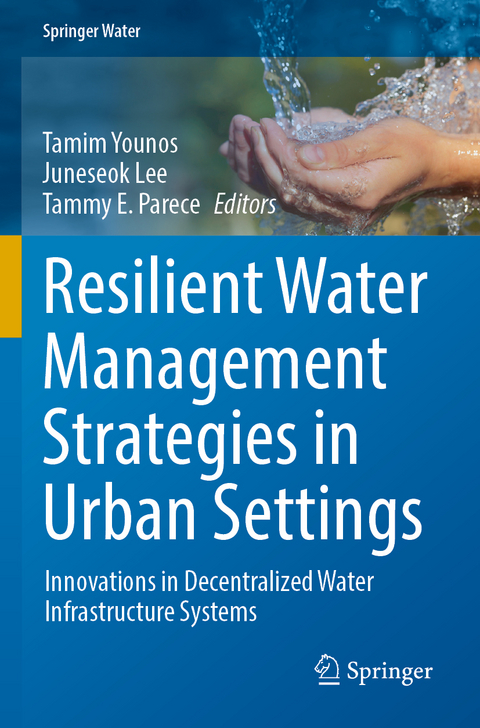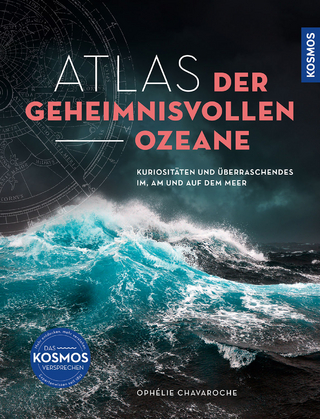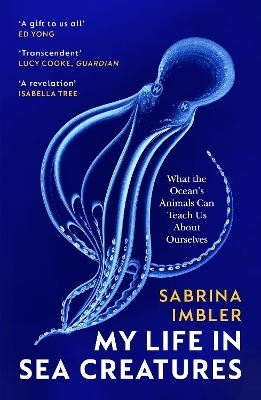
Resilient Water Management Strategies in Urban Settings
Springer International Publishing (Verlag)
978-3-030-95846-6 (ISBN)
This book documents innovative approaches for integrating green technologies and decentralized water infrastructure. The two major components of green decentralized water infrastructure are: (1) using locally available alternative water sources (rainwater, greywater, and brackish/saltwater) (at multiple scales, e.g., a single building to a neighborhood community level); and (2) using renewable energy resources (solar, wind, biomass, geothermal, other). Chapter 1, introduces the concept and framework of green decentralized water infrastructure. The subsequent nine chapters give a detailed description of global case studies, and discuss significant components of the green decentralized water infrastructure and the challenges. The chapters document global case studies and prospects (chapters 1-7) followed by challenges facing decentralized water infrastructure (chapters 8-10). The book will provide a cross-disciplinary knowledge-base for smart & futuristic water management in urban settings and a significant opportunity for sharing smart and decentralized water technologies at the global level
lt;p> Dr. Tamim Younos is Founder & President of the Green Water-Infrastructure Academy, a nonprofit organization. He is a former Research Professor of Water Resources at Virginia Tech. He earned doctoral degree in urban and environmental engineering from the University of Tokyo. His research and educational interests include sustainable water management and water and energy nexus in urban environments. Dr. Younos has led and/or participated in numerous interdisciplinary water research and educational projects and advised students in various disciplines including engineering, environmental sciences, geosciences, biology, economics, geography and urban planning. He has authored/co-authored more than 150 publications and edited eight books on water science topics, and he has offered numerous national and international seminars, lectures and workshops. His recognitions include: American Water Resources Association (AWRA) Icko Iben Award; Fulbright Scholar Award; President, Universities Council on Water Resources (UCOWR); and Japan Society for Promotion of Science (JSPS) Award.
Dr. Juneseok Lee, P.E., is an Associate Professor of Civil & Environmental Engineering at Manhattan College, New York. Dr. Lee's research focuses primarily on Drinking Water Infrastructure Analytics, Premise Plumbing Issues, and Water Distribution Systems. His work has been supported by major grants from funding bodies such as the National Science Foundation, the US Environmental Protection Agency, the California Water Service Company, and Hewlett-Packard. Dr. Lee has about 90+ technical publications in highly respected journals, book chapters, conference proceedings, and research reports. In addition, he has delivered numerous presentations and invited talks at national and international conferences on water, environment, and infrastructure engineering. In 2018 & 2020, he won the Best Paper Awards from the American Water Works Association (AWWA)'s Distribution & Plant Operations Division. Dr. Lee earned his Ph.D. in Civil and Environmental Engineering from Virginia Tech, is a registered Professional Engineer of Civil Engineering in California and a board-certified Diplomate, Water Resources Engineer (D.WRE) from the American Academy of Water Resources Engineers. He is the recipient of the 2021 Environmental Water Resources Institute's (EWRI) Service to the Profession Award.
Dr. Tammy E. Parece is the Assistant Professor of Geography at Colorado Mesa University. She teaches both traditional geography courses and courses such as lidar applications, GIS for Social Scientists and Introduction to Remote Sensing. In 2016, she received her PhD from Virginia Tech in Geospatial and Environmental Analysis. She manages Colorado Mesa University's Geography Education and Outreach Program (GEO_PRO). Her dissertation evaluated the physical and social aspects of urban agriculture. She has published several book chapters, journal articles, technical manuals and GIS laboratory manuals. She has also edited numerous books and special journal editions.
Chapter 1: Decentralized Green Water- Infrastructure Systems: Resilient and Sustainable Management Strategies for Building Water Systems.- Chapter 2: Advances in wastewater reclamation and reuse technologies: Selected case study projects in Japan.- Chapter 3: Smart Decentralized Water Systems In South Korea.- Chapter 4: Open datasets and IoT sensors for residential water demand monitoring at the end-use level: A pilot study sites in Naples.- Chapter 5: Maximizing the benefits of rainwater harvesting systems: Review and analysis of selected case study examples.- Chapter 6: Pathway to scaling up onsite non-potable water systems.- Chapter 7: Integrated water management for a sustainable office building.- Chapter 8: Examining Drivers and Barriers of Urban Water Reuse through Case Studies in Oklahoma, USA .- Chapter 9: The Impact of Location on Decentralized Water Use in Urban Agriculture.- Chapter 10: Water Sector Reconstruction for Post-Disaster Housing Settlements: A Tale of Two Governance Models.
| Erscheinungsdatum | 14.03.2023 |
|---|---|
| Reihe/Serie | Springer Water |
| Zusatzinfo | XII, 243 p. 84 illus., 79 illus. in color. |
| Verlagsort | Cham |
| Sprache | englisch |
| Maße | 155 x 235 mm |
| Gewicht | 397 g |
| Themenwelt | Naturwissenschaften ► Geowissenschaften ► Hydrologie / Ozeanografie |
| Schlagworte | alternative water sources • Green water-infrastructure • Resilient water management • Smart water management technologies • Sustainable water management • Water and energy conservation • Water industry and technologies • Water in urban environments |
| ISBN-10 | 3-030-95846-9 / 3030958469 |
| ISBN-13 | 978-3-030-95846-6 / 9783030958466 |
| Zustand | Neuware |
| Haben Sie eine Frage zum Produkt? |
aus dem Bereich


